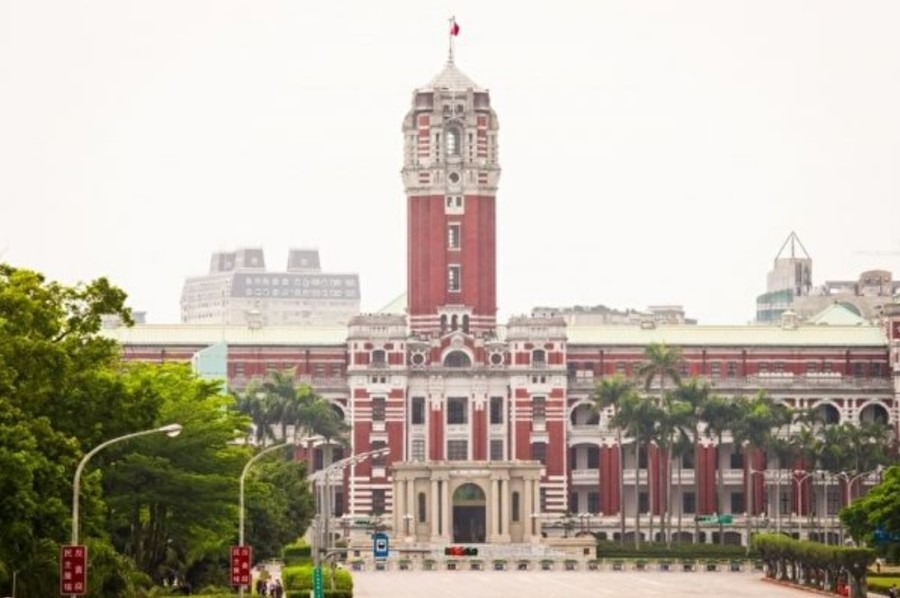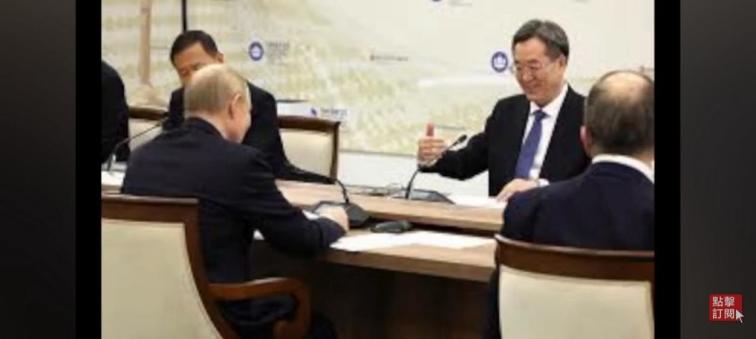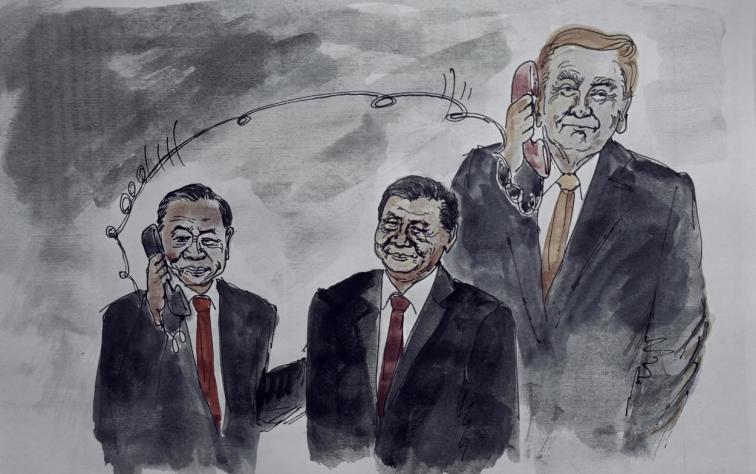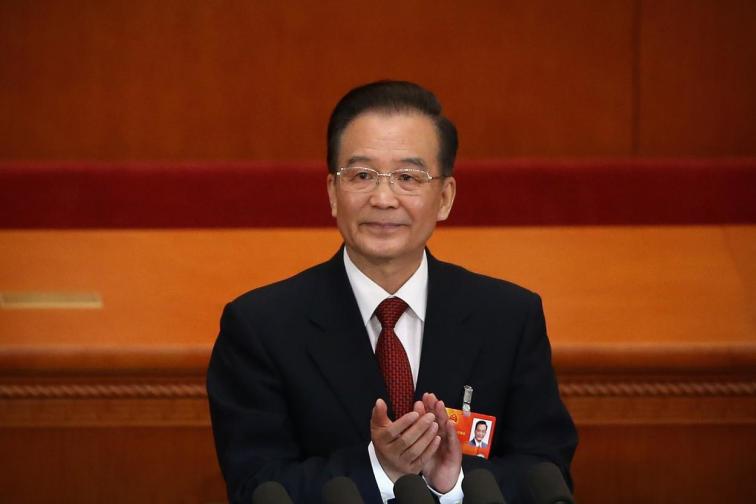Taiwan Presidential Office. (Chen Bozhou / Dajiyuan)
[People News] On June 22, former U.S. President Donald Trump stated that the United States had launched what he called a "very successful attack" on three of Iran's nuclear facilities—Fordow, Natanz, and Isfahan.
Iran’s nuclear facility development has largely benefited from Chinese Communist Party (CCP) support since the 1980s. Political observers believe that this U.S. strike is an indirect act of war against the CCP. It not only destroyed Iran's nuclear capabilities, which the CCP had painstakingly cultivated over half a century, but also disrupted China’s authoritarian network and ties to international terrorism in the Middle East. It weakens China’s control and strategic deployment in the region. The attack demonstrated the formidable power of the U.S. B-2 stealth bomber and bunker-busting missiles, capable of destroying reinforced concrete bunkers located more than 60 meters underground. This serves as a significant deterrent to the CCP's ambitions to invade Taiwan by force.
Reports indicate that within a week of the outbreak of conflict involving Iran, China's Taiwan Affairs Office received instructions from Xi Jinping to closely study Israel's strategy of infiltrating key sectors in Iran and to explore how to apply such tactics in a potential Taiwan Strait conflict. The directive emphasised that all Taiwan-related "united front" efforts must now prioritise creating favourable conditions for future military action against Taiwan and ensuring military victory.
After Israel killed several top Iranian military and political leaders as well as nuclear scientists, and struck Iran’s nuclear infrastructure, the CCP publicly called for peaceful negotiation to resolve regional conflicts. However, while the U.S. was distracted, the CCP intensified provocations against Taiwan. On June 19, fifty Chinese military aircraft and six naval vessels approached Taiwan and carried out harassment operations.
Taiwan's Ministry of National Defence reported on June 20 that 46 of those aircraft crossed the Taiwan Strait median line and entered airspace in the north, southwest, and east.
A day earlier, on June 18, the British Royal Navy patrol ship HMS Spey transited the Taiwan Strait. Taiwan’s Ministry of Foreign Affairs issued a statement saying: “The UK has once again taken concrete action to defend freedom of navigation in the Taiwan Strait and to affirm its position that the Strait constitutes international waters. The Ministry welcomes and appreciates this.” “The Ministry encourages like-minded countries such as the UK to jointly defend peace and stability in the Taiwan Strait, promote a free and open Indo-Pacific, and uphold the rules-based international order.”
On the same day, Taiwan’s Minister of National Defence Chiu Kuo-cheng met with a visiting U.S. congressional delegation. Taiwan publicly released the meeting. Chiu emphasised Taiwan’s commitment to strengthening its self-defence and deepening exchanges and cooperation with the U.S. He expressed gratitude for America’s support for Taiwan’s democracy and freedom, and looked forward to deeper bilateral ties to jointly ensure regional peace and stability.
While the CCP responded with furious threats and sabre-rattling, it went conspicuously silent after the U.S. strike on Iran’s nuclear facilities. Iran’s Supreme Leader Ali Khamenei, fearing he could become an assassination target, took the rare step of preemptively naming three senior clerics as his successors. This suggests Iran’s top leadership has made arrangements for a possible transfer of power.
China has learned that Iran’s intelligence and security apparatus has ordered all senior government and military officials to relocate to underground bunkers to avoid becoming the next strike targets. To prevent tracking and eavesdropping, Iranian authorities have instructed officials to cease using phones and electronic devices. Khamenei is now communicating military and political matters through his most trusted aide.
Australian-based legal scholar Yuan Hongbing revealed that the U.S. “decapitation” strike—particularly its ability to destroy Iran’s deep-underground nuclear facilities—has caused major psychological shock within the CCP. As the CCP has also buried its command and wartime headquarters deep underground, the U.S.’s demonstrated capability to destroy nuclear bunkers buried up to 90 meters underground (like Iran’s Fordow facility) has terrified Xi Jinping and the CCP leadership. In response, each branch and theatre of the Chinese military has established “shadow command structures”—backup leadership units that can immediately take over operations should the primary ones be destroyed.
A change in Iran’s regime would mean that “Trump 2.0” has successfully pushed back China’s authoritarian global expansion in the Middle East. Yuan Hongbing believes the CCP may now hope for two outcomes from Iran: (1) the expansion of regional conflict, and (2) the orchestration of global terrorist attacks—so the CCP can exploit global chaos to assert dominance.
Independent commentator Cai Shenkun observed that the CCP had long believed businessman Trump would not support Taiwan. Now, with hopes pinned on Iran to create global turmoil, the CCP is hesitant to act rashly. Other authoritarian regimes aligned with China—including the five Central Asian countries Xi Jinping recently attended a summit with—may now also be reluctant to publicly support China’s military conquest of Taiwan.
Observers conclude that unless Iran heeds the CCP’s guidance—resumes its nuclear program, escalates conflict, and orchestrates global terrorism to divert Western focus—China is unlikely to launch an attack on Taiwan in the near term. △
(Originally published by People News)











News magazine bootstrap themes!
I like this themes, fast loading and look profesional
Thank you Carlos!
You're welcome!
Please support me with give positive rating!
Yes Sure!